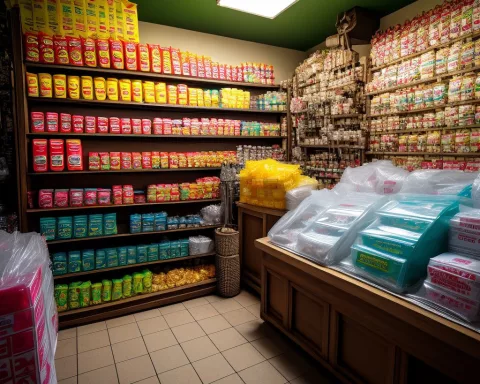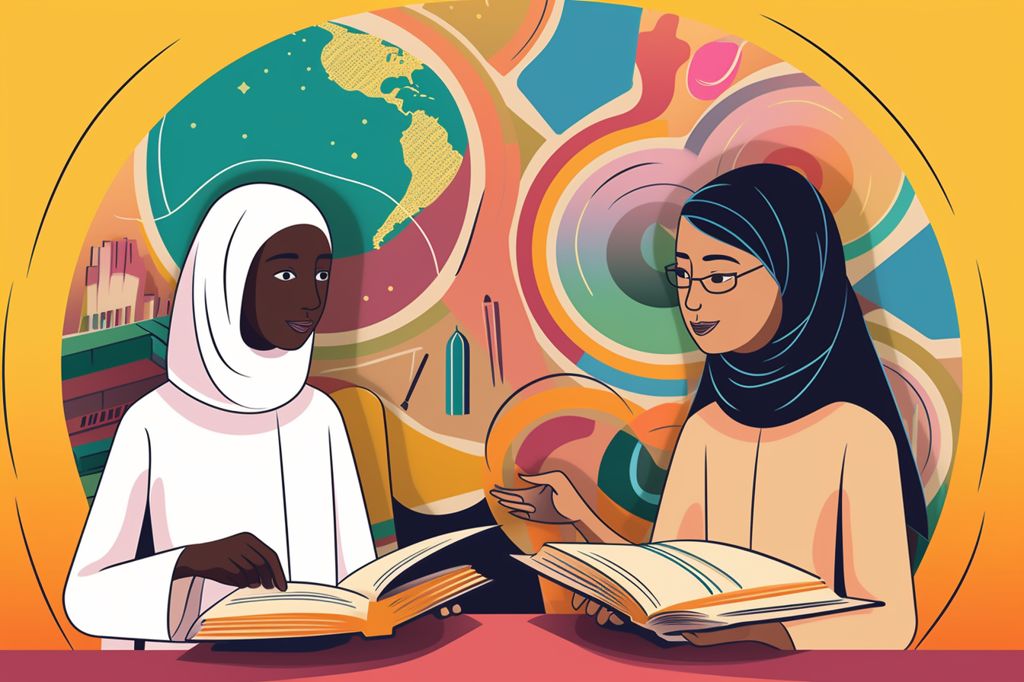The informal sector comprises a significant portion of the workforce in BRICS countries, with 62% of workers employed in this sector. However, the lack of formal training and education creates a skills gap and results in low productivity and work deficits. To promote decent work and reduce poverty, it is crucial to address this skills gap and incentivize a transition to formality.
The Importance of Closing the Skills Gap
Claire Harasty, Senior Advisor to the Assistant Director-General of the International Labour Organization (ILO), emphasized the importance of closing the skills gap in the informal economy during a recent BRICS Employment Working Group Meeting held in Port Alfred, Eastern Cape. In 2019, there were 900 million workers engaged in informal work in BRICS countries, accounting for 45% of the two billion workers in informal jobs globally.
The Role of Educational Achievement
Educational achievement plays a significant role in determining the probability of individuals being employed in the informal sector. In BRICS countries, over nine in ten people without any education find themselves in informal employment, while only one in four with tertiary education end up in the informal sector. The percentage of informal employment varies from 21% in Russia to nearly 90% in India.
Incentivizing a Transition to Formality
To promote decent work, reduce poverty, and advance social justice, formalizing the informal economy has been recognized as a crucial step. Skills development and lifelong learning play a vital role in incentivizing both individuals and enterprises to transition into formality. This not only improves capacity and productivity but also reduces vulnerability and addresses decent work deficits.
Informal On-the-Job Training and Prior Learning
Skills acquisition primarily occurs through informal on-the-job training in the informal economy, which can be unstructured, involving learning by doing, or through informal learning from friends, family, or community members. Recognizing prior learning, including apprenticeships and non-formal learning, can provide support to workers in the informal economy while helping them develop the skills they need.
Integrated Policy Solutions
Closing the skills gap in the informal economy requires integrated policy solutions that facilitate the transition, including horizontal alignment with other policy areas to reduce skills mismatch and remove barriers to skill development. Skills development strategies, policies, and funding should also take into consideration the needs of the informal economy.
Addressing the skills gap in the informal economy is crucial for promoting decent work, reducing poverty, and advancing social justice in BRICS countries. By implementing integrated policy solutions and recognizing prior learning, both individuals and enterprises can be incentivized to transition into formality, thereby improving capacity and productivity while reducing vulnerability and work deficits.












